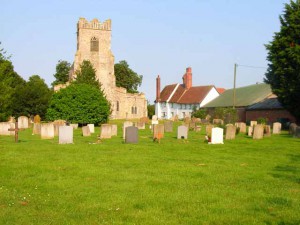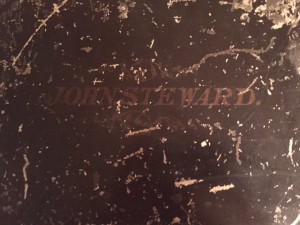[Author’s note: This series, on Mrs. Gray’s reading habits, began here.]

61 Bowdoin Street, Boston, Wednesday, 12 February 1862: Cutting out Frank [Gray]’s[2] shirts this morning. Sat up till’ 1 o’clock last night to read John Brent[3] – began it at 10½ after … Fred [Gray][4] went home, and F. C. had finished his acct. of the “Negro Minstrels”[5] he and Lawrence Sprague[6] went to hear and see. It is a brilliant book…
Sunday, 16 March 1862: A continuation of yest’ys storm; hail, rain, sleet, and a raw north east gale. Tomorrow Miss Choate[7] comes to work for the boys – a busy week we shall have. I have found time this past week to run through Bulwer’s “Strange Story”[8] and “The Earl’s Heirs,”[9] both quite entrainant in their way. Continue reading ‘Privileges of sex and rank’

